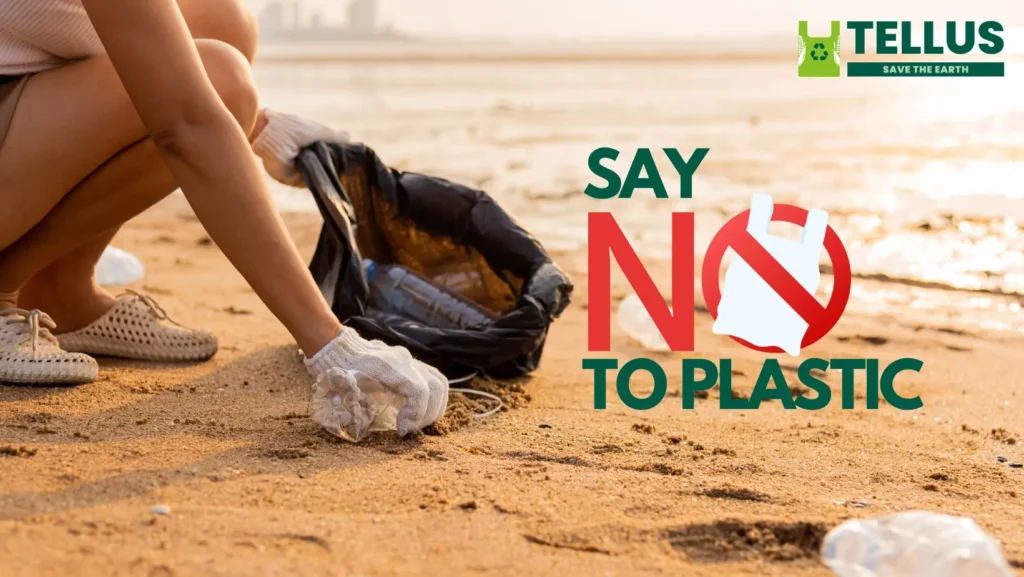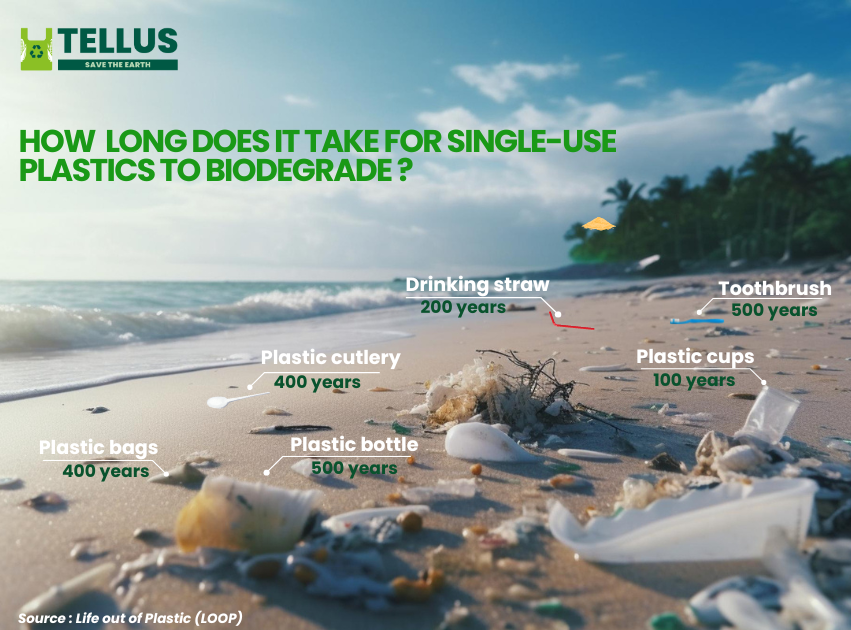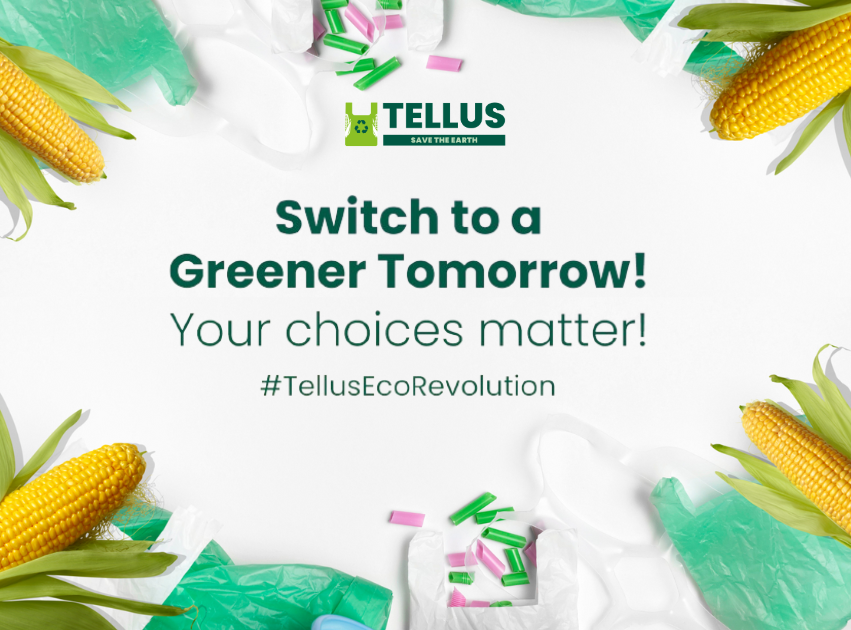
Introduction:
In the modern era, convenience often comes at a cost and one of the most glaring examples of this is the ubiquitous plastic bag. While these lightweight, durable carriers may seem harmless at first glance, their environmental impact is profound and far-reaching.
From blocking rivers and endangering animals, the use of plastic bags imposes a significant burden on our planet. In this article, we delve into the detrimental effects of plastic bags on the environment and explore sustainable alternatives to mitigate this pressing issue.
In the realm of environmental preservation, the ubiquitous plastic bag stands as a symbol of convenience overshadowed by severe consequences. As a manufacturer dedicated to sustainable solutions, Tellus by BBMedicare recognizes the imperative to shed light on the detrimental effects of plastic bags and advocate for eco-friendly alternatives.
Why Plastic Bags Are Bad:
Plastic bags stick around for a super long time, making a mess in oceans and forests. Animals often mistake them for food, which can make them sick or even cause them to die. Also, making plastic bags creates pollution and uses up important resources that we can’t get back.
Why We Need Better Choices:
Plastic bags can’t be recycled easily, so they pile up in landfills or get scattered around, causing more harm. By using different kinds of bags that break down naturally, like ones made from plants, we can help keep the environment cleaner and safer.
Why We Should Stop Using Plastic Bags:
Plastic bags cause a lot of problems that we can avoid by switching to other options. They don’t break down easily, and they often end up harming animals and making our planet dirtier. Choosing to stop using plastic bags can make a big difference in protecting our environment.

How long does it take for single-use plastics to biodegrade?
- Each year, the global production of plastic bottles reaches 500 billion.
- In 2020, the amount of plastic generated surpassed 500 million tonnes, marking a 900% increase from 1980.
- The ocean currently holds over 150 million tons of plastic waste.
- By 2050, it’s projected that there could be more plastic than fish in the ocean.
- Approximately eight million tons of plastic find their way into our seas and oceans annually.
Why Recycling Plastic Bags Is Hard:
Plastic bags are thin and bendy, which makes them tricky to recycle. They often get mixed up with other stuff like food waste, which makes recycling them even harder. Because of this, most plastic bags don’t get recycled properly and end up causing more pollution instead.
Price Comparison: Plastic Bags vs. Eco- friendly Bags:
Plastic bags might seem cheap at first, but they actually cost us a lot in terms of the damage they do to the environment. Bags made from better materials, like plants, might be a bit more expensive upfront, but they’re worth it because they help protect nature in the long run.
Comparing Different Bags:
Plastic bags are cheap and easy to use, but they’re not good for the environment. Better options like bags that break down naturally or turn into compost are much better choices. They might have some differences, but they all help us take care of our planet better.
Conclusion:
Plastic bags might be convenient, but they’re causing a lot of harm to our environment. By choosing alternatives that are kinder to nature, like bags made from plants or ones that turn into compost, we can make a positive impact. Let’s work together to keep our planet clean and healthy for everyone.
As we reflect on the significant environmental impact of plastic bags, it becomes clear that change is necessary. By opting for sustainable alternatives like the bio-compostable bags offered by Tellus by BBMedicare, we can collectively reduce our carbon footprint and lessen the burden on our planet. At Tellus, biodegradable bag manufacturers and suppliers based in Cuttack, we’re committed to pioneering change with our range of bio-compostable bags made from corn starch. Our products, including carry bags, garbage bags, shopping bags, grocery bags and pharmacy bags, offer a sustainable alternative to traditional plastic. By embracing these eco-friendly options, we can collectively reduce the environmental impact of plastic bags and work towards a cleaner, greener future. Join us in making the switch today and contribute to a healthier planet for generations to come.

